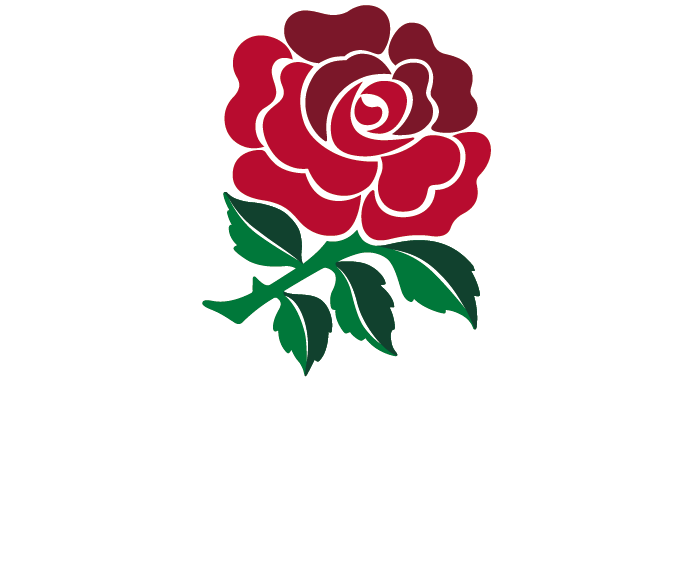In a nutshell: Lyon's smaller neighbour is an intriguing city in its own right.
Don't miss: The Musée d'Art Moderne, The Mine Museum, Loire river gorges
A visit to Saint-Etienne can be a glorious case of “two French cities for the price of one”. True, it is the capital of the Loire department – even though, confusingly, the famous river in question does not run through it. But it is dwarfed by its close compatriot – the much larger Lyon, which sits some 35 miles to the north-east. These two near-neighbours are connected by speedy road and rail links – which means time in one can easily double up into a day in the other. A win-win situation during an event like the Rugby World Cup.
Not that you should regard “St Stephen” as just a side-dish to Lyon and its fabulous food scene. It may be smaller, but Saint-Etienne is more than capable of holding the visitor's attention. Indeed, it is a fascinating dot on the French map – a city slowly shedding its industrial skin to become something shinier and more modern. Until the Seventies, it was a coal-mining zone. Now, after significant investment, it is trying to be a “design capital”.
Not that – if they aren't your thing – you need to worry too much about Saint-Etienne's yesterdays and tomorrows. There is plenty to entertain you in the present. As with any French city worth its gourmet salt, you can dine well – whether that be at the mid-range restaurants on Rue Pierre Termier and Rue Antoine Durafour, or at some of the flashier possibilities around the edge of the main Place Jean Jaures. There are options for drinks as well, with bars galore laced along Rue Georges Dupré, and Rue des Martyrs de Vingré.
It would be a stretch to describe Saint-Etienne as a city of rugby champions, but if time allows, there is a charm to catching the local side in action. Club Athletique de Saint-Etienne Loire Sud Rugby (or CASE, to save breath) are currently in Federale 1 (the highest level of the French amateur game). Their Stade Etivalliere holds 3,000 spectators.
Content supplied by the Telegraph’s travel expert Chris Leadbetter


